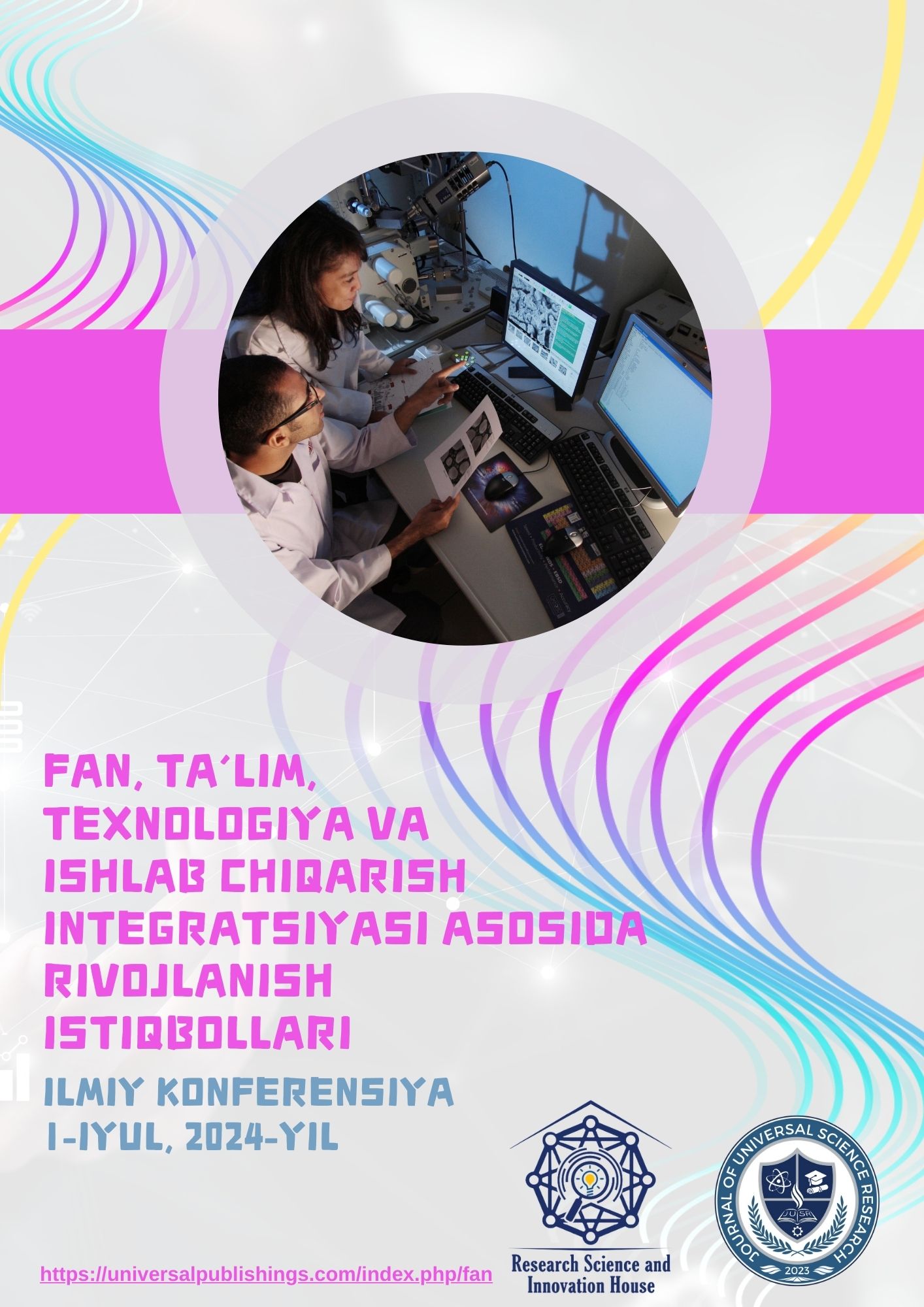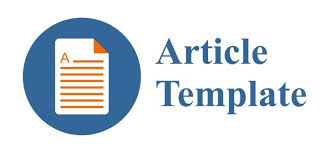ANALYZING THE DIFFERENCES BETWEEN ARGUMENTATIVE, DESCRIPTIVE, AND ANALYTICAL ESSAYS
Keywords:
Argumentative essays, descriptive essaysAbstract
This article explores the distinctions between three common types of essays: argumentative, descriptive, and analytical. It begins by defining each essay type, focusing on their unique purposes and characteristics. Argumentative essays are described as persuasive, evidence-based works aiming to convince readers of a specific viewpoint. Descriptive essays emphasize sensory details and creativity to evoke imagery and emotions. Analytical essays delve into the examination and interpretation of a subject, offering critical insights. The article also highlights the structural and tonal differences between the essay types, explaining how each employs unique techniques such as logical argumentation, vivid imagery, or detailed analysis. Additionally, it provides practical tips for writing each type, such as incorporating counterarguments in argumentative essays, using sensory language in descriptive essays, and maintaining objectivity in analytical essays. Concluding sections emphasize the importance of understanding these distinctions for effective communication in academic, professional, and creative contexts. Overall, the article offers a comprehensive guide to mastering these essay types, ensuring versatility and precision in writing
References
1. Bazerman, C., & Prior, P. (2005). What writing does and how it does it: An introduction to analyzing texts and textual practices. Routledge.
2. Graff, G., & Birkenstein, C. (2021). They say / I say: The moves that matter in academic writing (5th ed.). W.W. Norton & Company.
3. Lunsford, A. A., & Ruszkiewicz, J. J. (2019). Everything's an argument (8th ed.). Bedford/St. Martin's.
4. Murray, D. M. (1985). A writer teaches writing (2nd ed.). Houghton Mifflin Harcourt.
5. Swales, J. M., & Feak, C. B. (2012). Academic writing for graduate students: Essential tasks and skills (3rd ed.). University of Michigan Press.
6. Purdue University Online Writing Lab. (n.d.). Essay writing: Types of essays. Retrieved from https://owl.purdue.edu
7. Rosenwasser, D., & Stephen, J. (2018). Writing analytically (8th ed.). Cengage Learning.
8. Khusanova, M. (2023). HISTORY OF USING TESTS IN MONITORING THE LEVEL OF QUALIFICATION. Science and innovation, 2(B7), 17-21
9. Mahira, K. (2024). METHODOLOGICAL PROBLEMS FOR A FOREIGN LANGUAGE TEACHER: MONITORING AND ASSESSING SKILLS. Multidisciplinary and Multidimensional Journal, 3(10), 10-15.
10. Mahira, K. (2024). TEACHER ASSESSMENT: HISTORICAL DEVELOPMENT AND RESEARCH. INTERNATIONAL JOURNAL OF EUROPEAN RESEARCH OUTPUT, 3(11), 45-49.
11. Xolmurodova, S., & Khusanova, M. (2023). TEACHING WRITING IN ENGLISH. Научный Фокус, 1(1), 1173-1175.
12. Iroda, B., & Mohira, H. (2023). EFFECTIVE PRONOUNICIATION TEACHING IN ENGLISH LANGUAGE. O'ZBEKISTONDA FANLARARO INNOVATSIYALAR VA ILMIY TADQIQOTLAR JURNALI, 2(19), 700-703.
13. No, P. Didactic Conditions for the Formation of Discussion Competence among Students.
14. Mokhira, K. (2023). HOLISTIC SCORING AS A GRADING METHOD. International Journal of Contemporary Scientific and Technical Research, 493-495.
15. Mokhira, K. (2023). THE IMPORTANCE OF DIFFERENT SUB– SKILLS THAT ARE INVOLVED IN PARTICIPATING IN A GROUP DISCUSSION. International Journal of Contemporary Scientific and Technical Research, 496-499.
16. Qizi, K. M. S. (2022). Learning new content material through cooperative group discussions.



